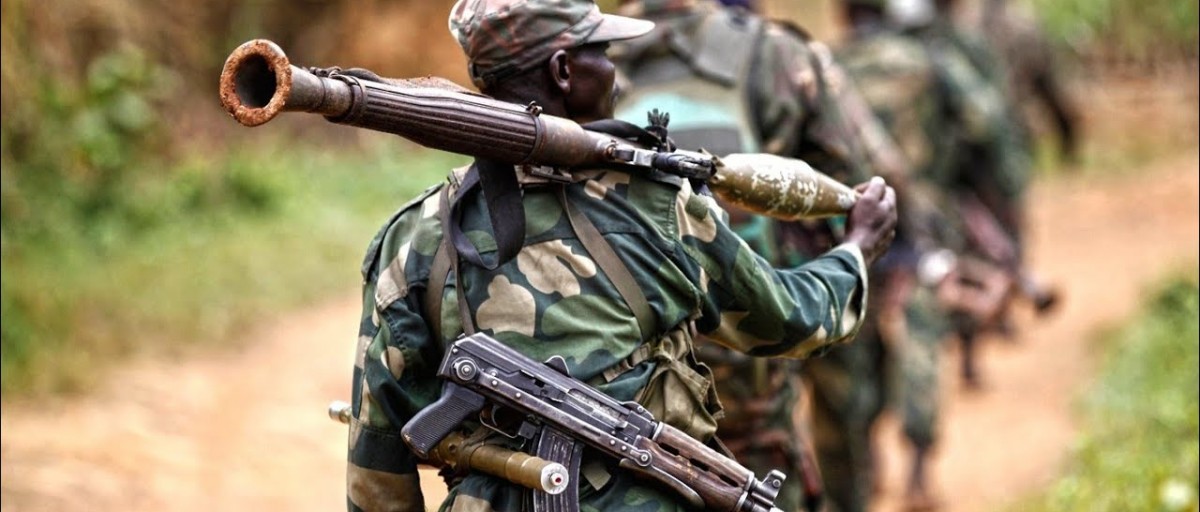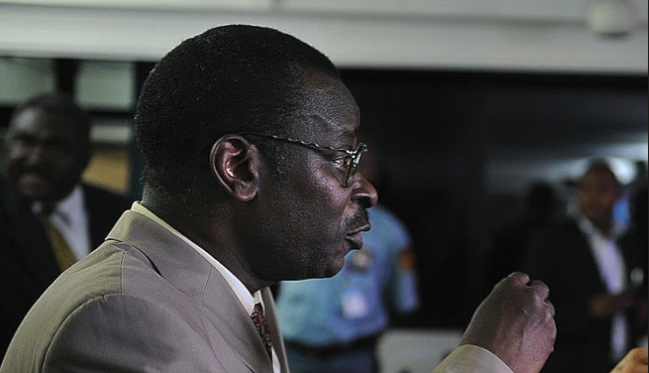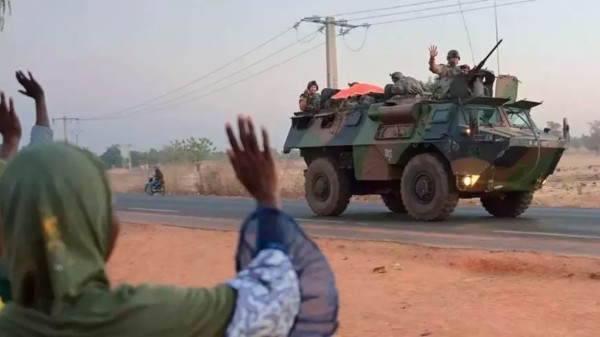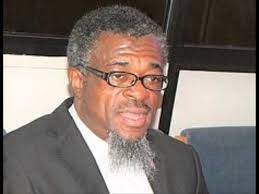International
Why Is Rwanda in Mozambique?
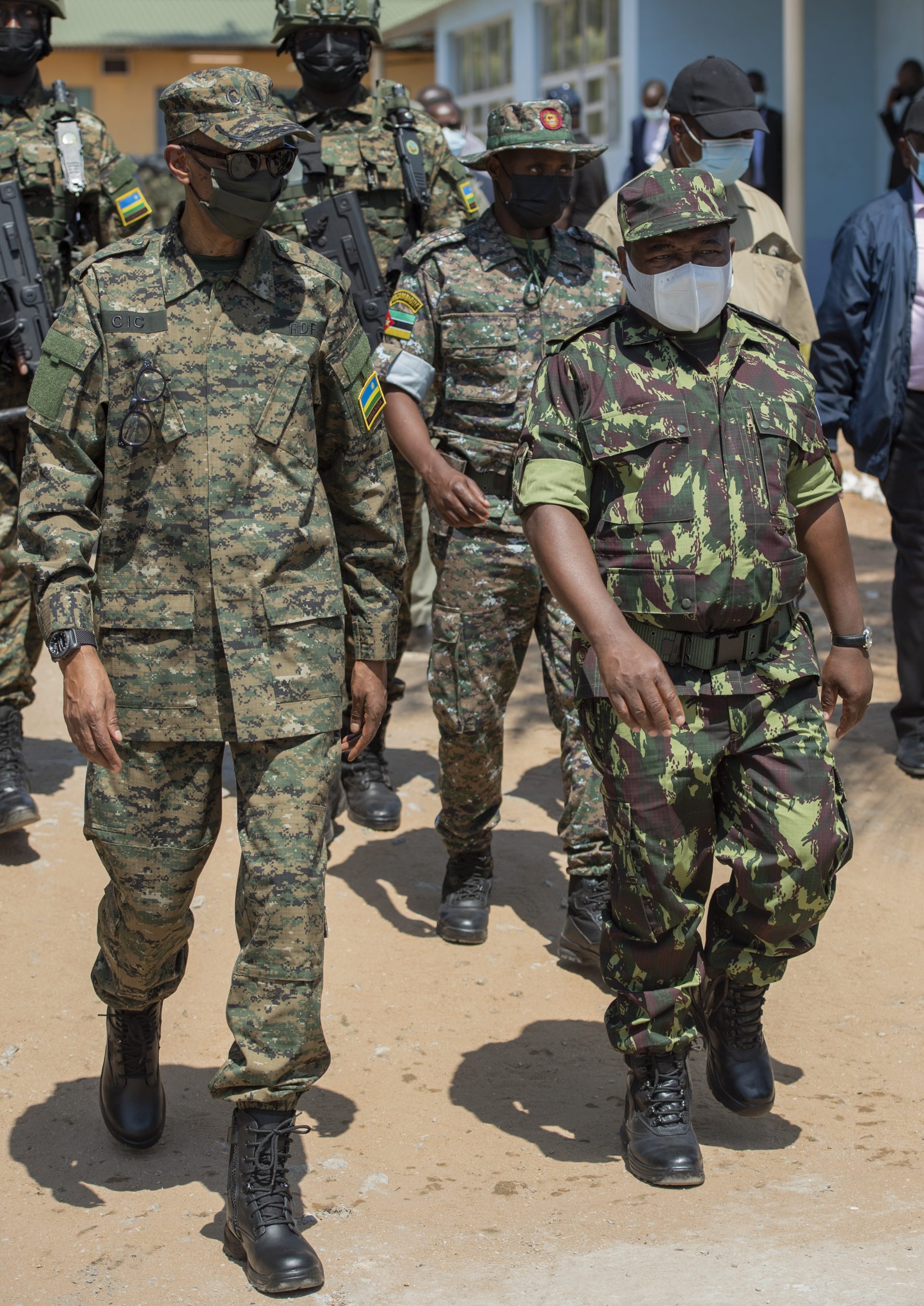
Rwanda has been engaged in different counter terrorism operations in Africa, whether through UN and AU sanctioned peacekeeping missions or through bilateral agreements with different governments. Pan African Review met with the RDF Spokesperson, Colonel Ronald Rwivanga, to inquire on the rationale behind these interventions.
PAR: The RDF is currently deployed in
different parts of Africa, are you exporting security?
We are not exporting security. We are simply exercising values and
principles; namely the Responsibility to Protect (R2P) and the Kigali
Principles. These two are complementary and primarily focus on the protection
of civilians at risk of loss of life. It is the RDF philosophy; one that is
derived from our history; a history of fighting genocide perpetrators and
protecting civilians.
PAR: Why is Rwanda in Mozambique?
Rwanda is in Mozambique because it was requested by the Mozambican
government to support them fight IS-linked terrorists locally known as Alshabab
and Ansar Al Sunnah. They had ravaged the northern province of Cabo Delgado,
killing close to 3000 persons and displacing over 800,000. Also, the threat of
Islamic extremism and terrorism in the region is an issue of international
concern. So, we intervened because it is the right thing to do. When it comes
to protecting civilians threatened by violence, our response has always been
swift. It is also part of Rwanda’s commitment to the Kigali principles of 2015.
The principles primarily focus on immediate response to situations that warrant
the protection of civilians at risk. This can be through multilateral
arrangements via the UN or the AU or through bilateral engagements as between
Rwanda and the Central African Republic or between Rwanda and Mozambique
PAR: Fighting terrorism successfully involves winning hearts and
minds. How is the RDF doing on this front?
Winning hearts and minds should start with solving the problems
that led to the insurgency in the first place. Therefore, in order to
successfully defeat an insurgency, one must solve the underlying socio-economic
problems in the society. These include unemployment and poverty, lack of
security of person and property, and lack of infrastructure. In sum, it entails
protecting communities from these problems.
The re-establishment of security immediately allows the public to
start engaging in development-related activities. This will bring them close to
those whom they credit with the new developments, and that is the military.
When we offer free medical services; build schools and hospitals; clean the
streets and neighbourhoods, we not only win the hearts and minds of the
population in the affected areas. We silence the extremist insurgents who will
then have nothing better to offer to the community.
PAR: Let’s turn to Central Africa. The RDF deployed in the
Central African Republic when the rebels were within a short distance of the
capital city, Bangui. After the deployment, the rebels were repulsed. Now
we hardly hear about any serious insecurity threatening the country. What did
the RDF do there?
As you may recall, the Government of CAR asked Rwanda to deploy a
security force with an offensive posture. We carried out joint offensive
operations targeting the rebellious factions and forces that threatened to
capture the capital city.
We succeeded in halting the forces opposed to peace, ensured
peaceful presidential elections, and protected the UN peacekeepers who were
under threat of attack.
We created a conducive environment for multilateral support
systems to operate effectively, including UN peacekeeping activities.
PAR: How do you balance the geo-strategic interests of major
powers like Russia and France in a country that has been historically dominated
by outsiders?
We focus on our mission. We do not concern ourselves with the
foreign relations of the host nation, just as we do not concern ourselves with
internal political matters.
PAR: In both Mozambique and CAR, these are big territories that
must be difficult for small contingents to control. How does the RDF manage to
intervene and impose order in such large territories?
While it is true that interventions in large spaces need large
forces to capture and secure them effectively, operational efficiency and
effectiveness are also important.
Special-skilled forces can effectively operate in large areas with
the support of host nation forces and allies in the operations theatre. Of key
importance are vigilance, close cooperation and continuous engagement of the
insurgents and terrorists to deny them breathing space.
PAR: International human rights organizations have made alarmist
noises wherever Rwanda intervenes. They warn about the possibility of human
rights violations. So far, they have been unable to point to anything tangible
to justify their attitude, whether in Mozambique or CAR. Are you surprised by
their behaviour?
It is surprising that anyone could be hostile towards a noble
cause such as the protection of civilians at risk, especially when it is
well-known that thousands of innocent lives would have perished at the hands of
insurgents by the time intervention takes place. The terrorists had halted all
economic activities in the areas of Palma and Mocimboa da Praia in Cabo
Delgado. They had destroyed state institutions, public buildings and burnt
down homes. This called for action to prevent further suffering and
destruction.
PAR: Most military interventions fail or succeed based on the presence or absence of an exit plan, what can you tell us about this?
Rwanda
and Mozambique security officials gather for a defence and security operational
meeting at the Rwanda National Police Headquarters, in Kacyiru (Kigali) in
January 2022
An exit strategy is about leaving the theatre in a better posture
to deal with the threat. Moving forward, we are now continuing with the next
phase which is stabilization and security sector reforms. This is very
important in the post-conflict situation. Rwanda and Mozambique have signed an
agreement to expand the spheres of cooperation in both military and police
affairs as far as capacity building is concerned.
source: www.panafricanreview.rw


